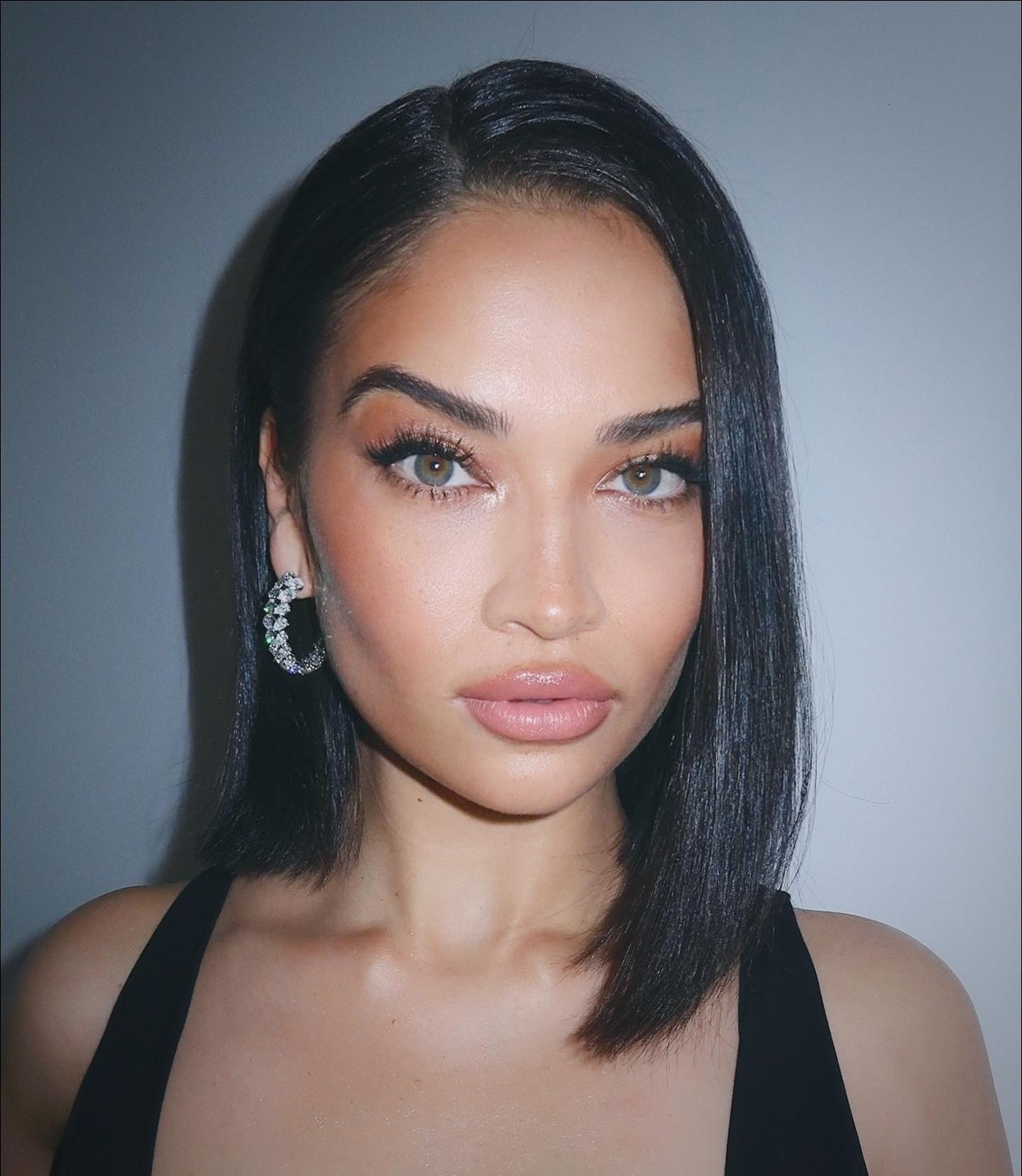
During my time as a beauty editor, I’ve learned a lot about skincare and makeup in general, but I’ve also made some pretty important discoveries about my own skin and how it reacts to different products (joys of the job). Growing up, my skin was always extremely oily, something I spent years fighting with harsh scrubs and drying acne medications (lesson learned). Now though, I find that my skin gets dehydrated but remains oily on the surface. You can imagine this makes shopping for makeup products like foundation and concealer really tricky.
I finally learned that matte products just don’t work well for me—they leave my skin even more dehydrated and looking flaky. I then turned to hydrating formulas that are still noncomedogenic and that seemed to do the trick. If you have a similar problem, you’re going to want to keep reading. I spoke to a dermatologist to clear a few things up about oily skin and how to choose the right concealer for you. Read on below for the best options for oily skin types.
I might not need to say this, but I’m going to say it anyway. If you have oily skin, drying it out isn’t the fix. It’s also important to understand the difference between, dry, dehydrated, and oily skin. Personally, I’ve struggled with dehydrated skin that still gets oily on the surface—making it tough to find a concealer that works well for my skin. Board-certified dermatologist Azadeh Shirazi explains a little bit more about this.
“Dry skin produces less sebum, the oily substances secreted by our sebaceous glands,” she says. “Our skin needs lipids in oil to protect against external irritants, support the moisture barrier, and maintain hydration. Dryness refers to a skin type whereas dehydration is considered a skin condition or state where skin cells lack adequate water, not oil. Oily skin types naturally produce more oil than dry skin types. It’s important to also note oil secretion is heavily influenced by our body’s hormonal climate. Dehydrated skin is mostly due to external factors that result in diminished water content within the skin like dry weather. Now if the skin is over stripped with too many exfoliants or harsh cleansers, or if it becomes irritated, then it may signal the oil glands to rev up oil production to compensate and those with oily skin will become oilier.”
There are a few different factors that determine your skin’s oil production levels. According to Shirazi, the main ones are genetics, stress, and hormones. But like I said above, over scrubbing or drying it out isn’t the answer, either. “If you over cleanse or over scrub your skin, it will compensate by increasing oil production,” says Shirazi. “It’s best to use lightweight moisturizers, water-based makeup removers, and gentle cleansers to maintain a strong skin barrier.”
Finding the best concealer for your oily skin will depend on the above things. It took me a while to realize that I needed a hydrating, noncomedogenic formula and not a matte formula. If you also struggle with skin that gets dehydrated but remains oily on the surface, you may want to try one of the hydrating formulas below. Shirazi says to also look for hydrating formulas with humectants like glycerin and hyaluronic acid. Most importantly, look for a label that says “noncomedogenic.” For both some hydrating and matte concealer options, keep scrolling below.
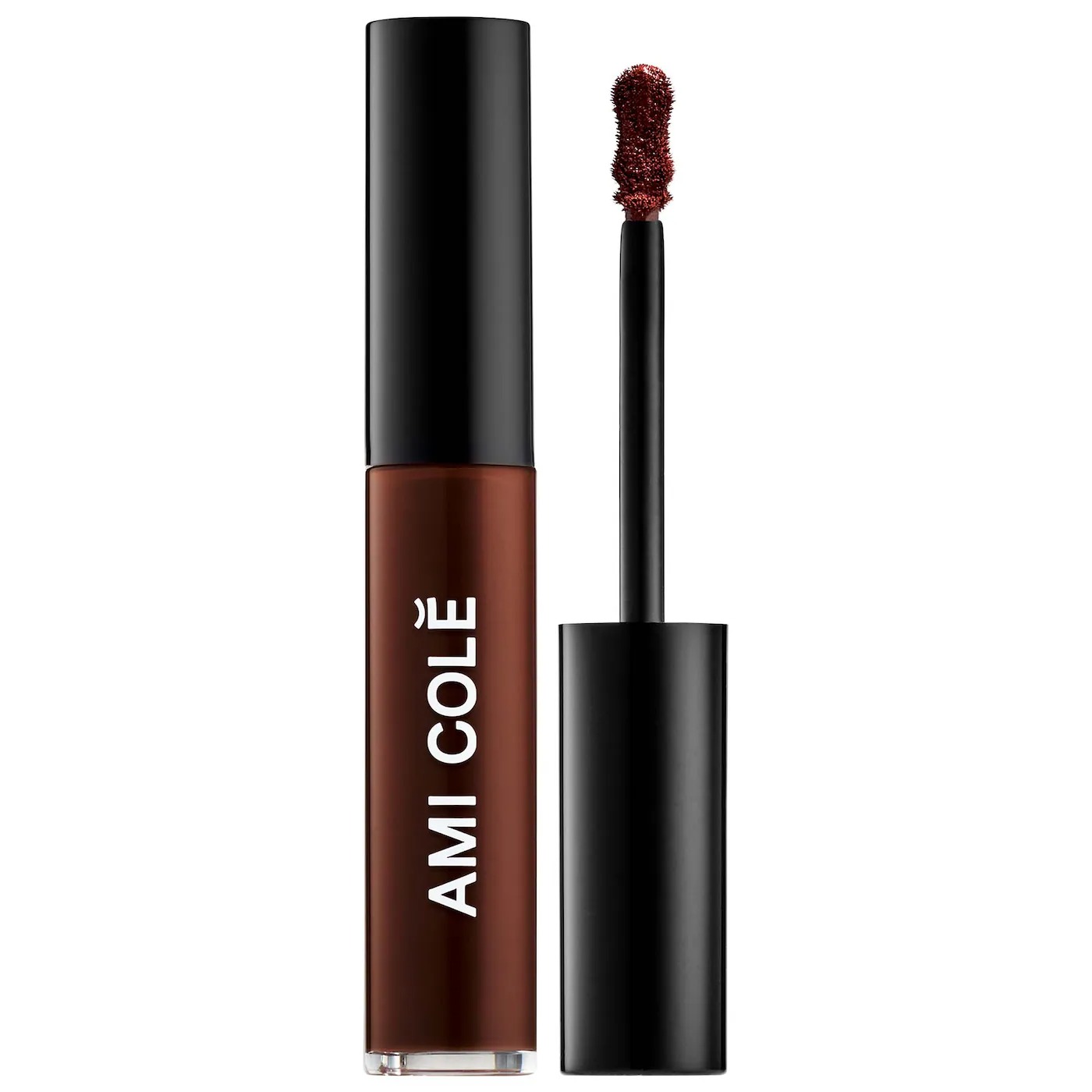
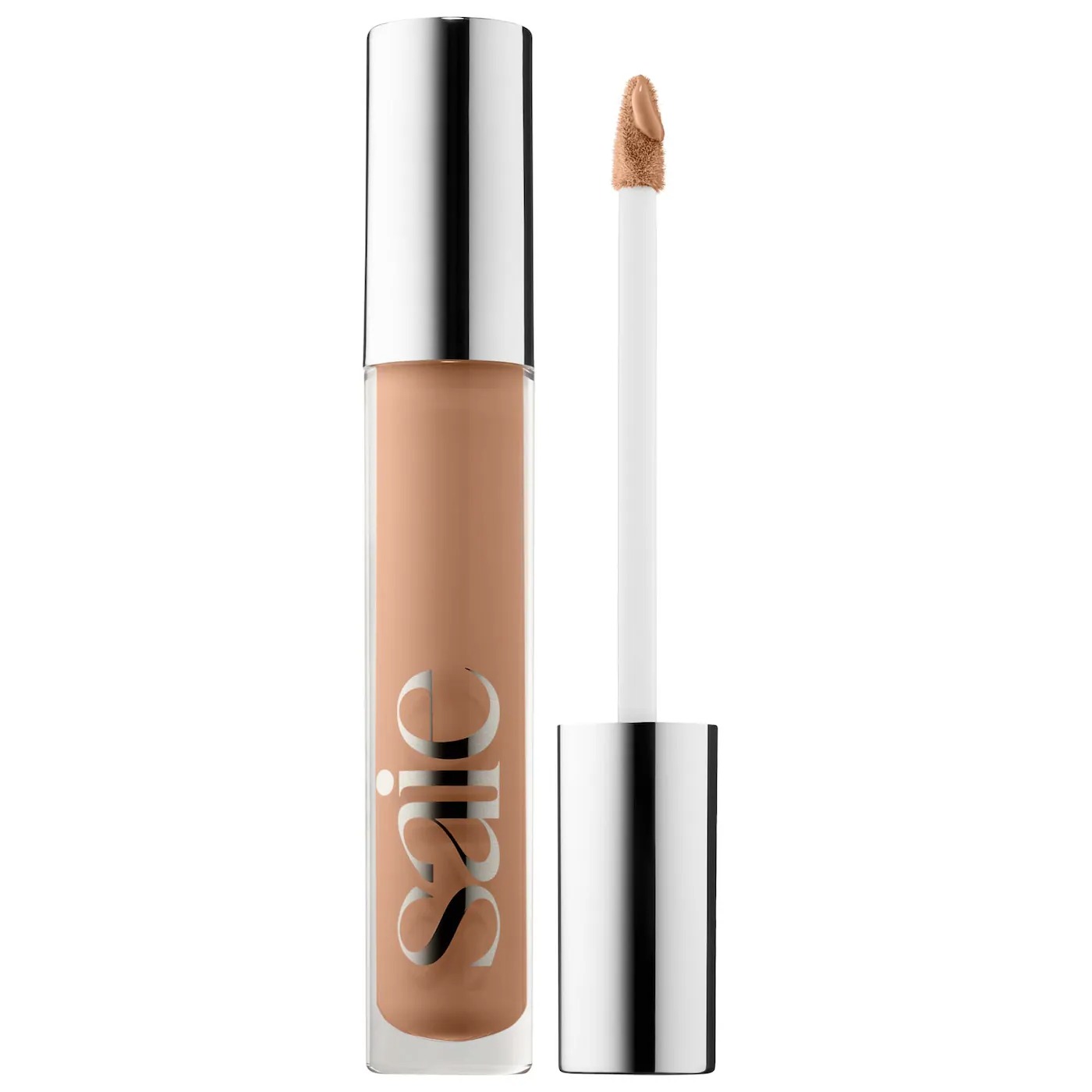
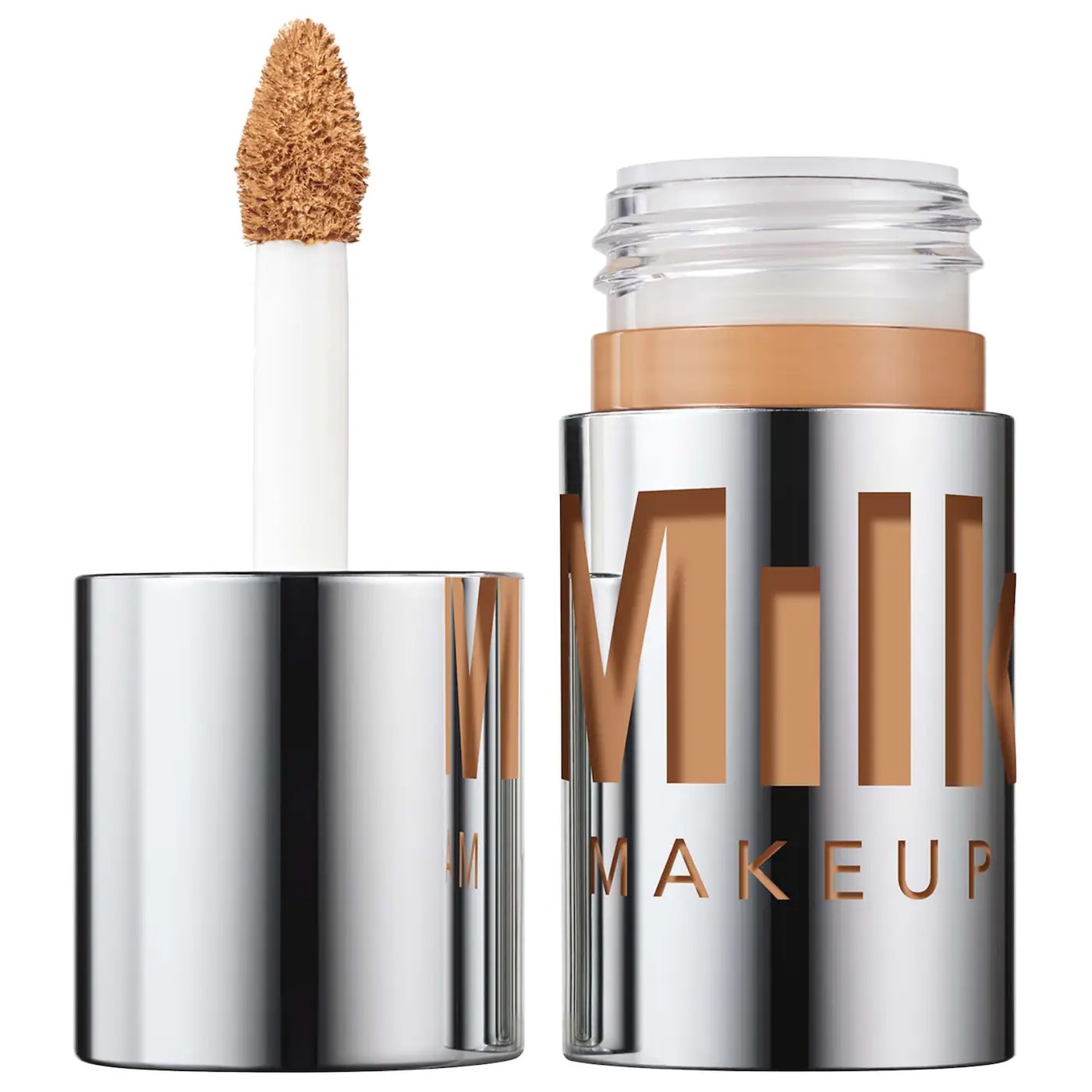
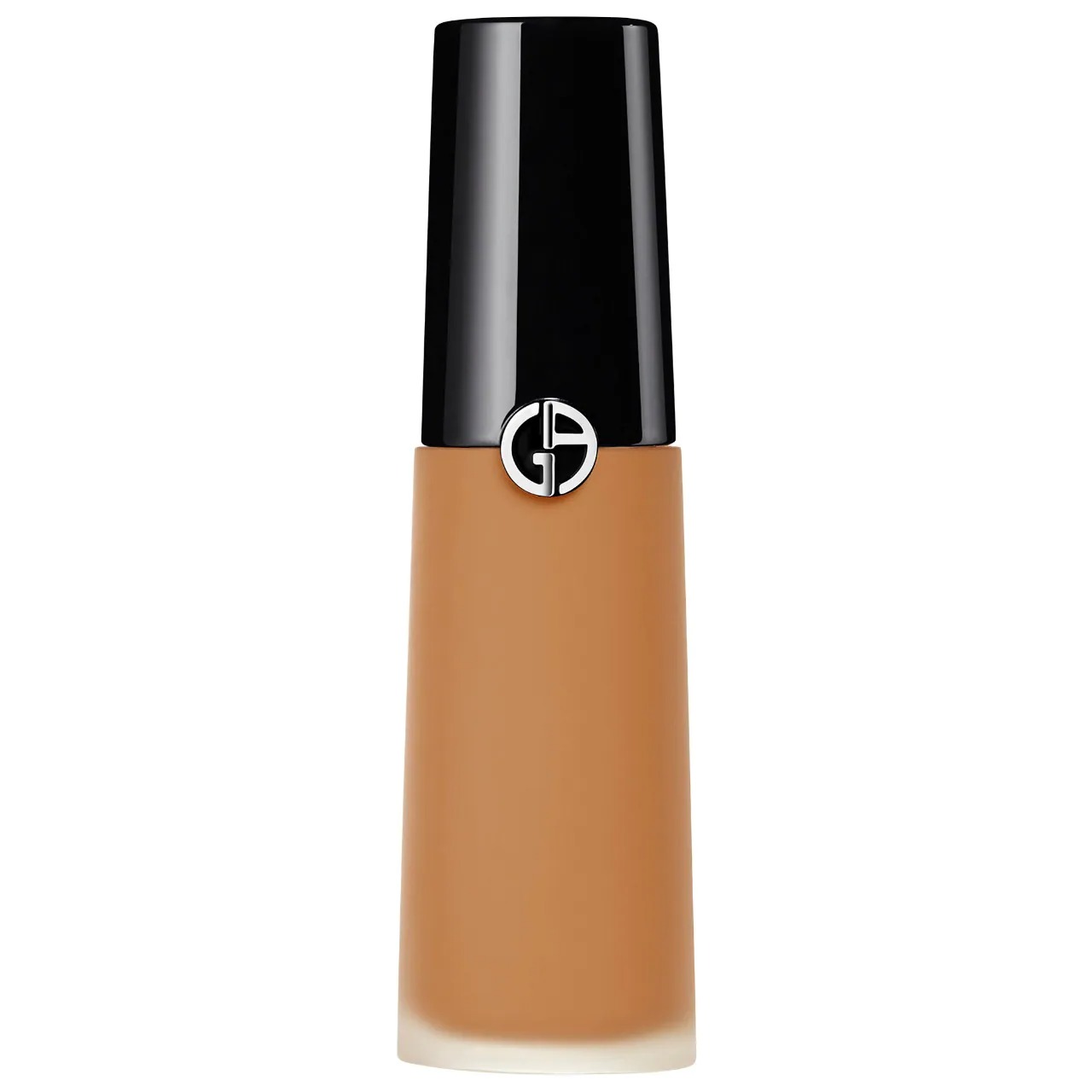
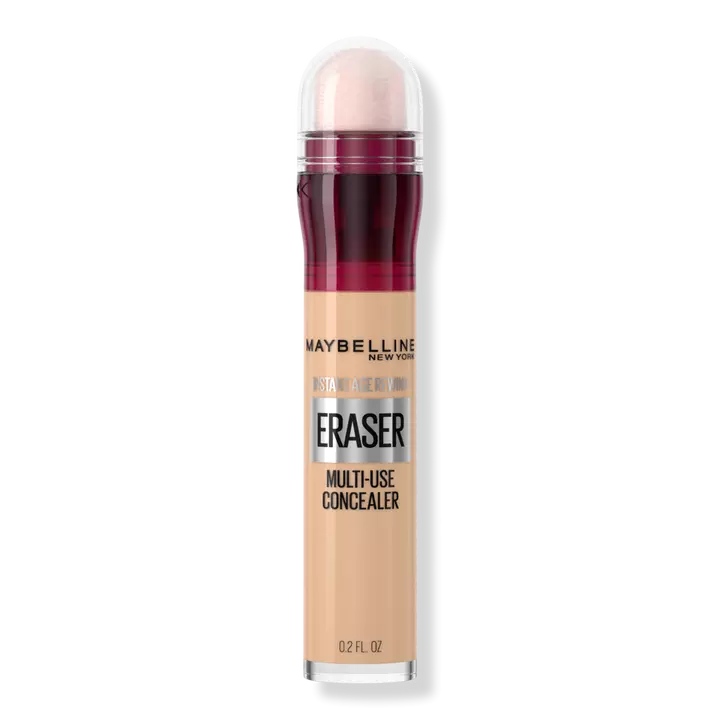
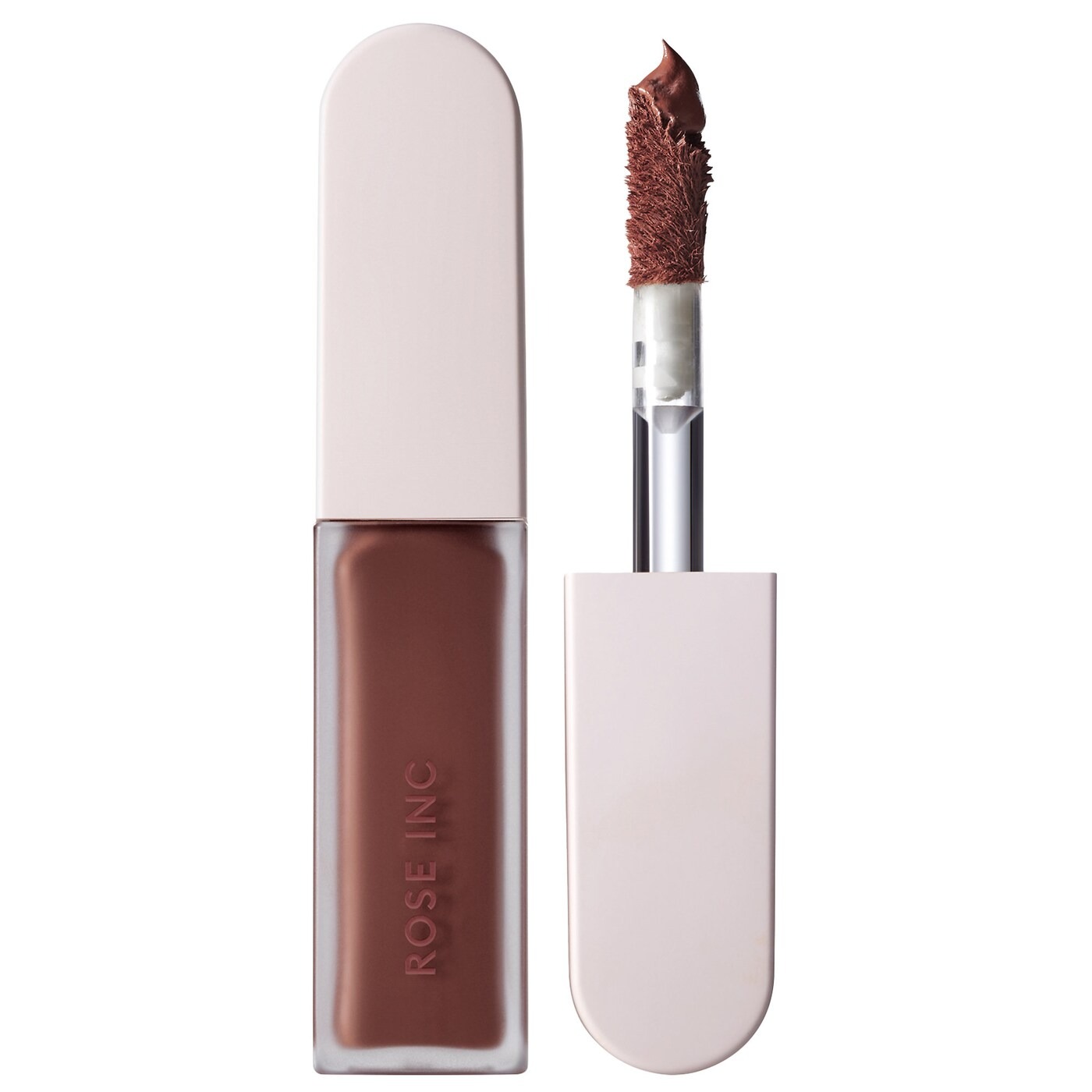
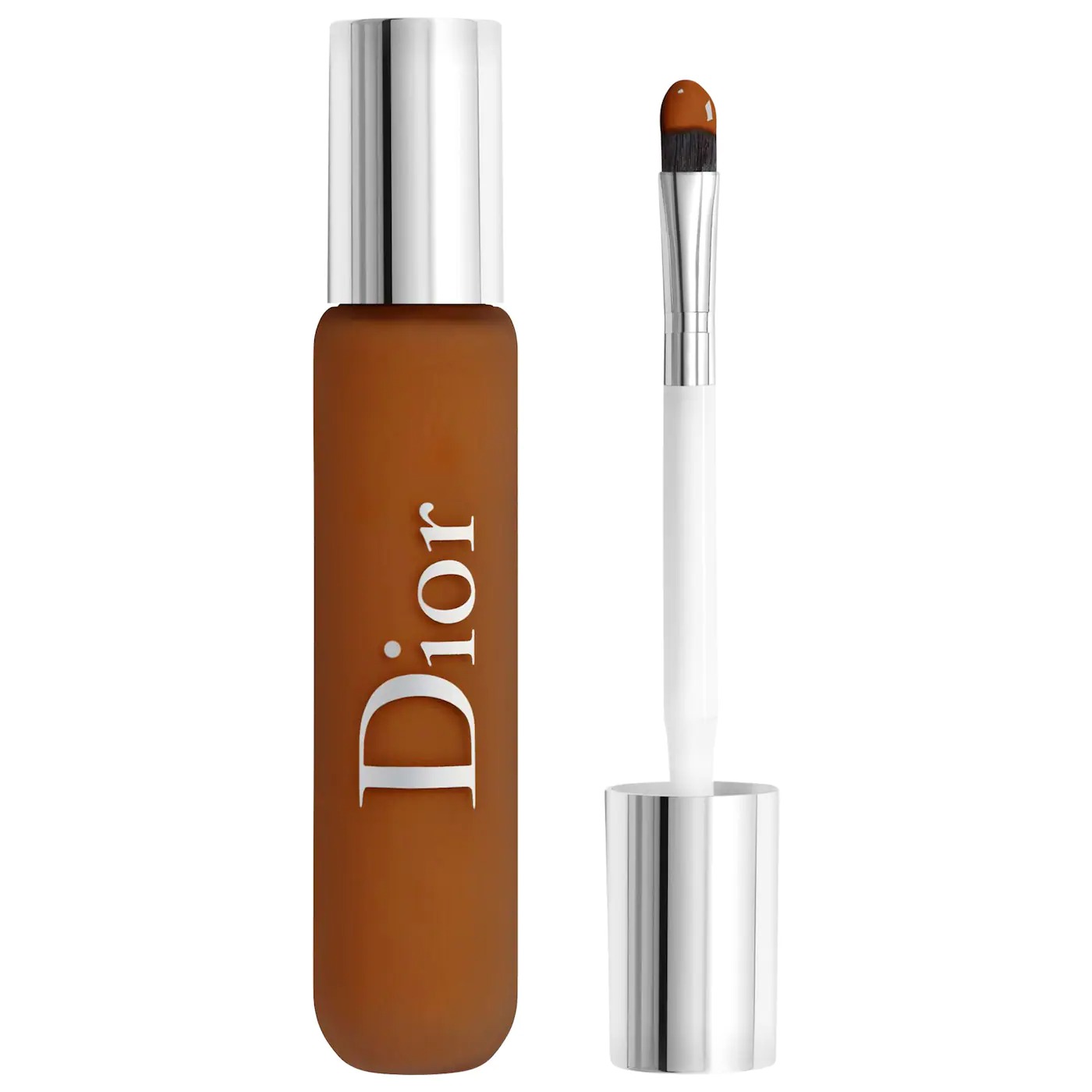
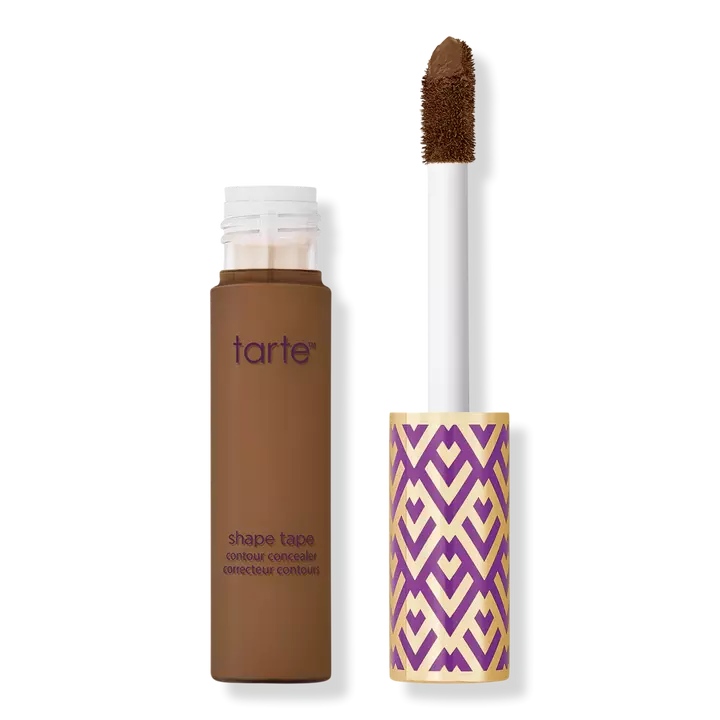
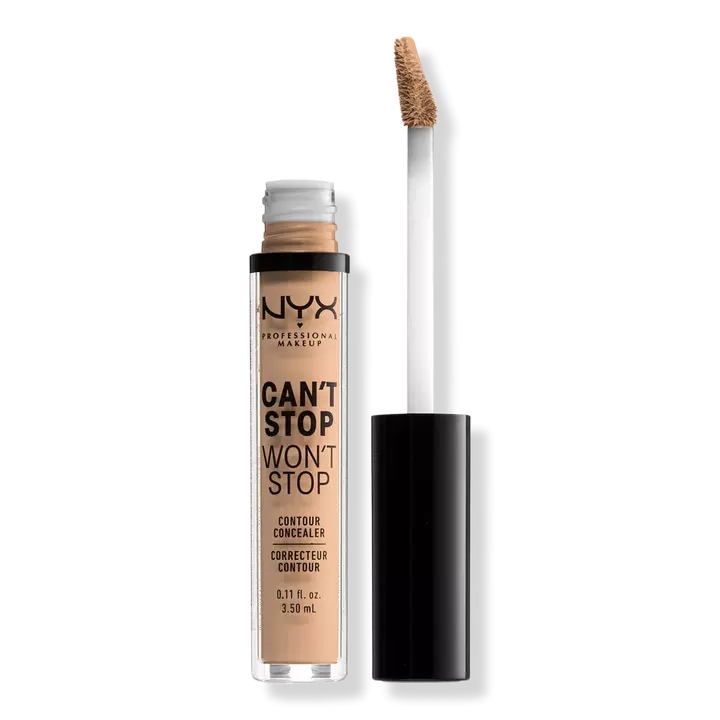
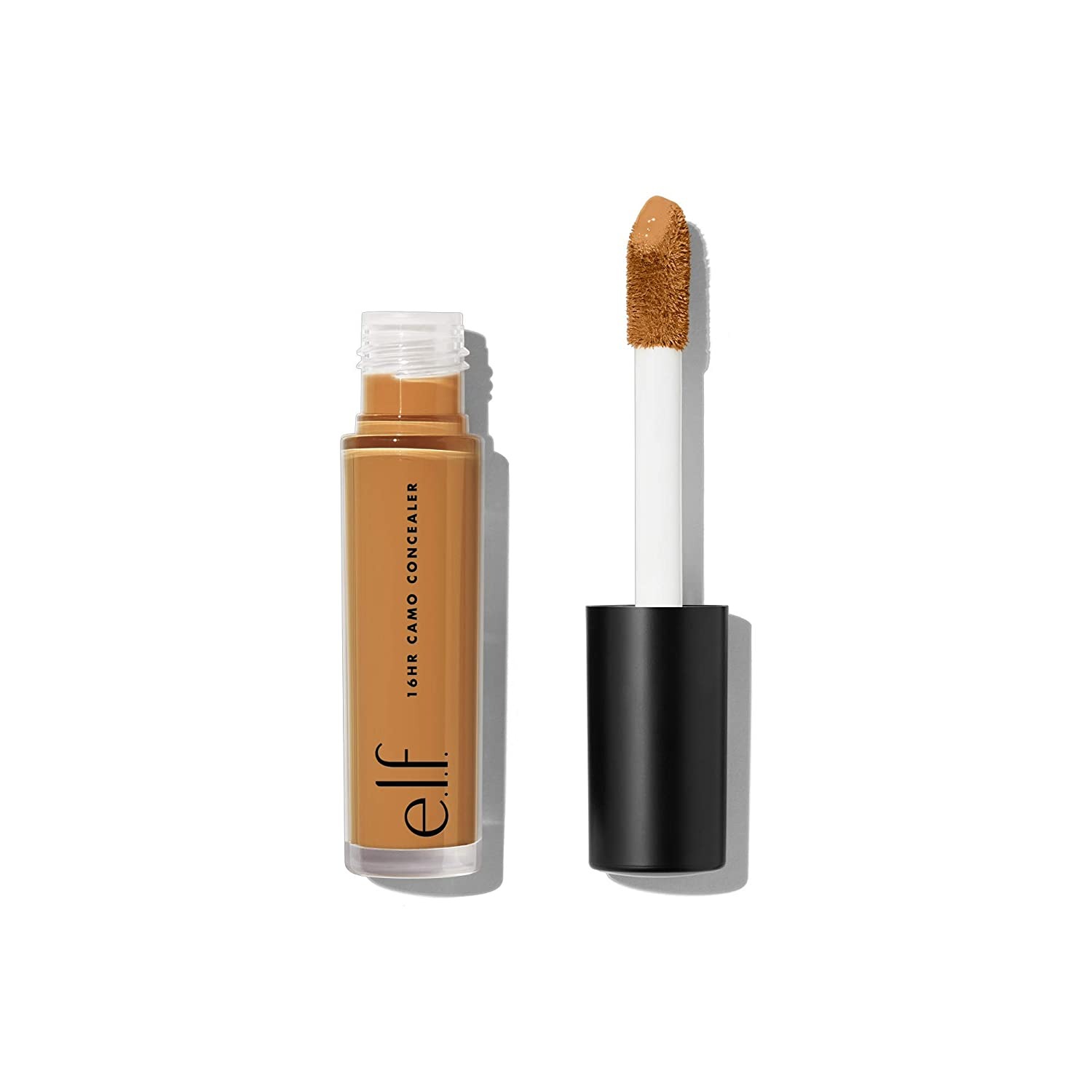
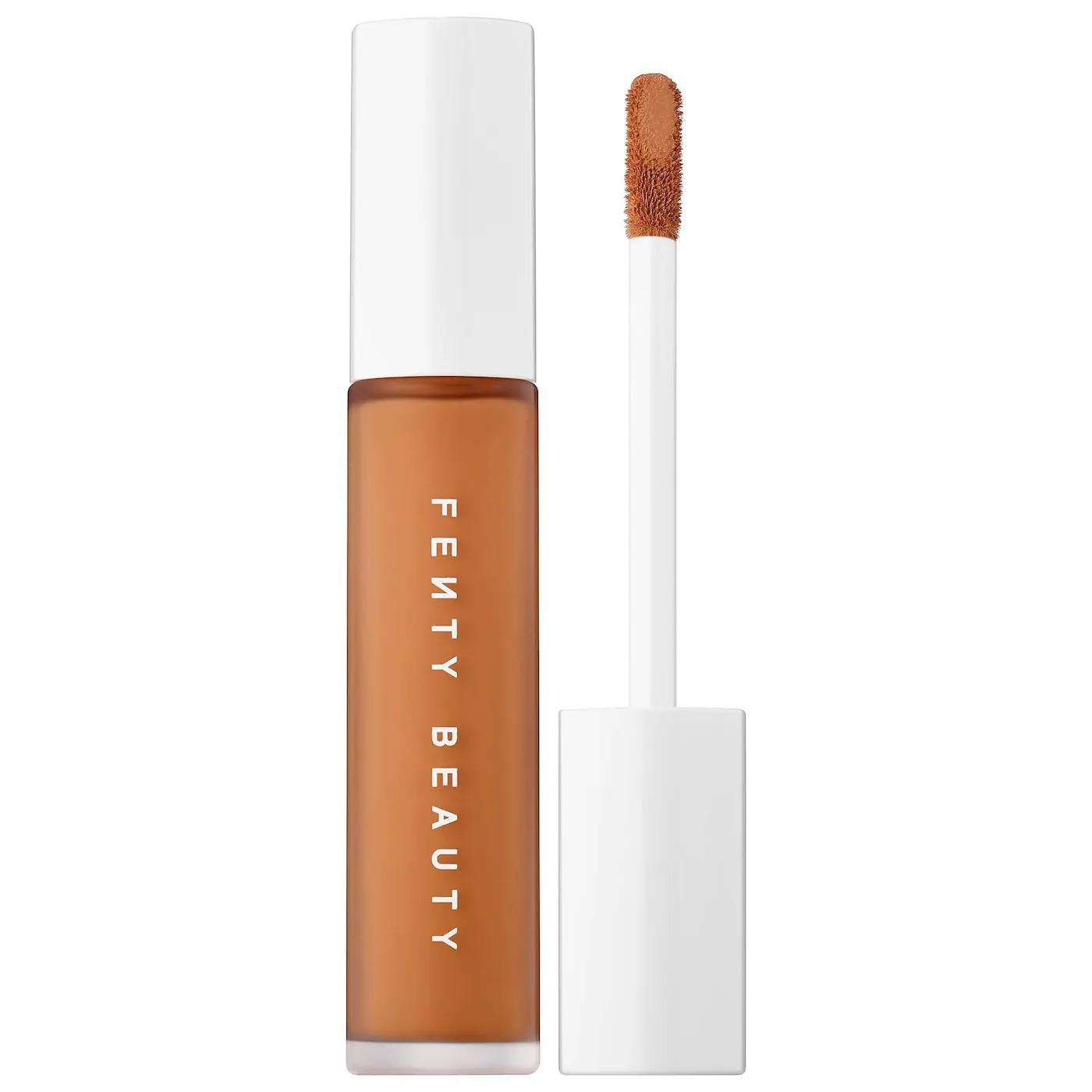
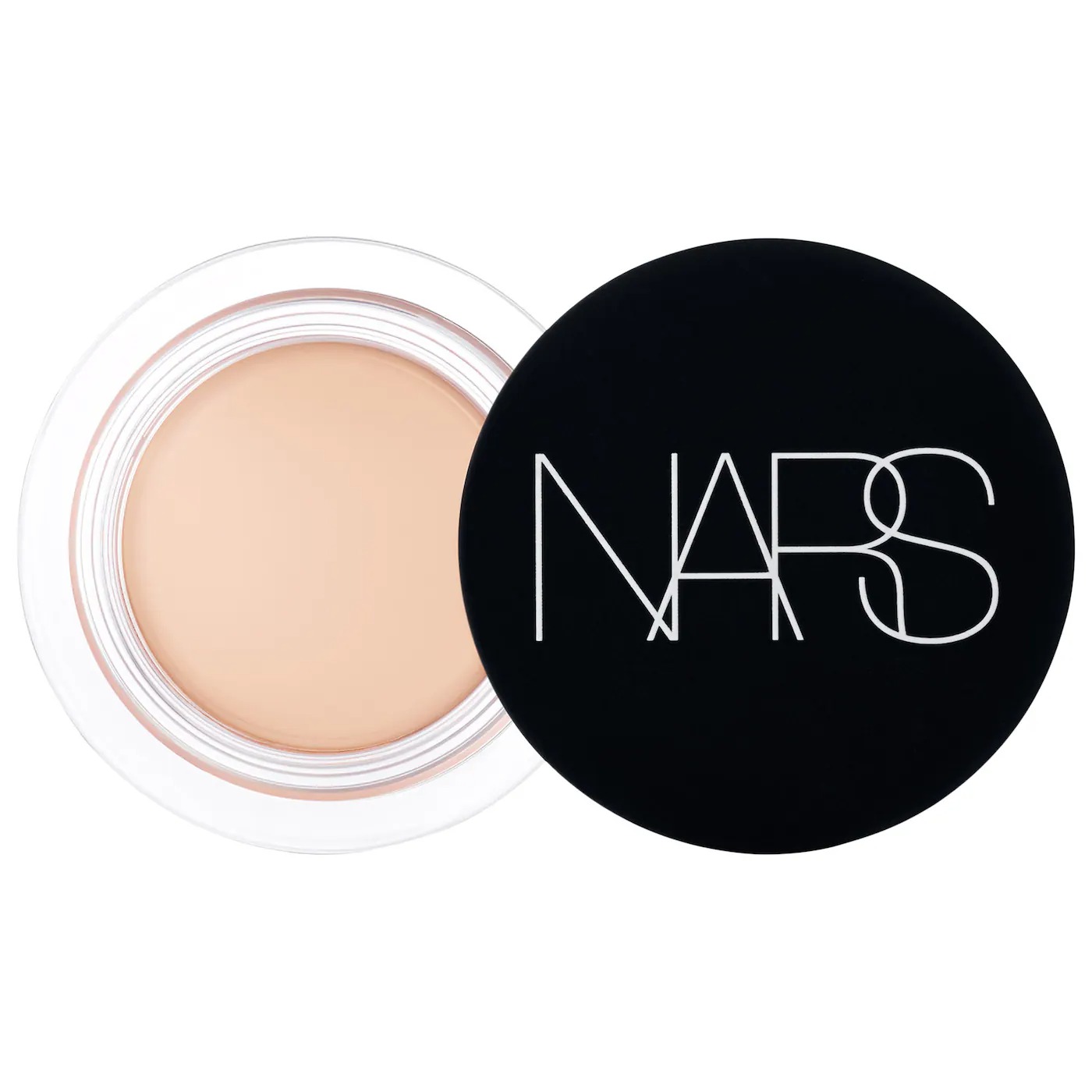
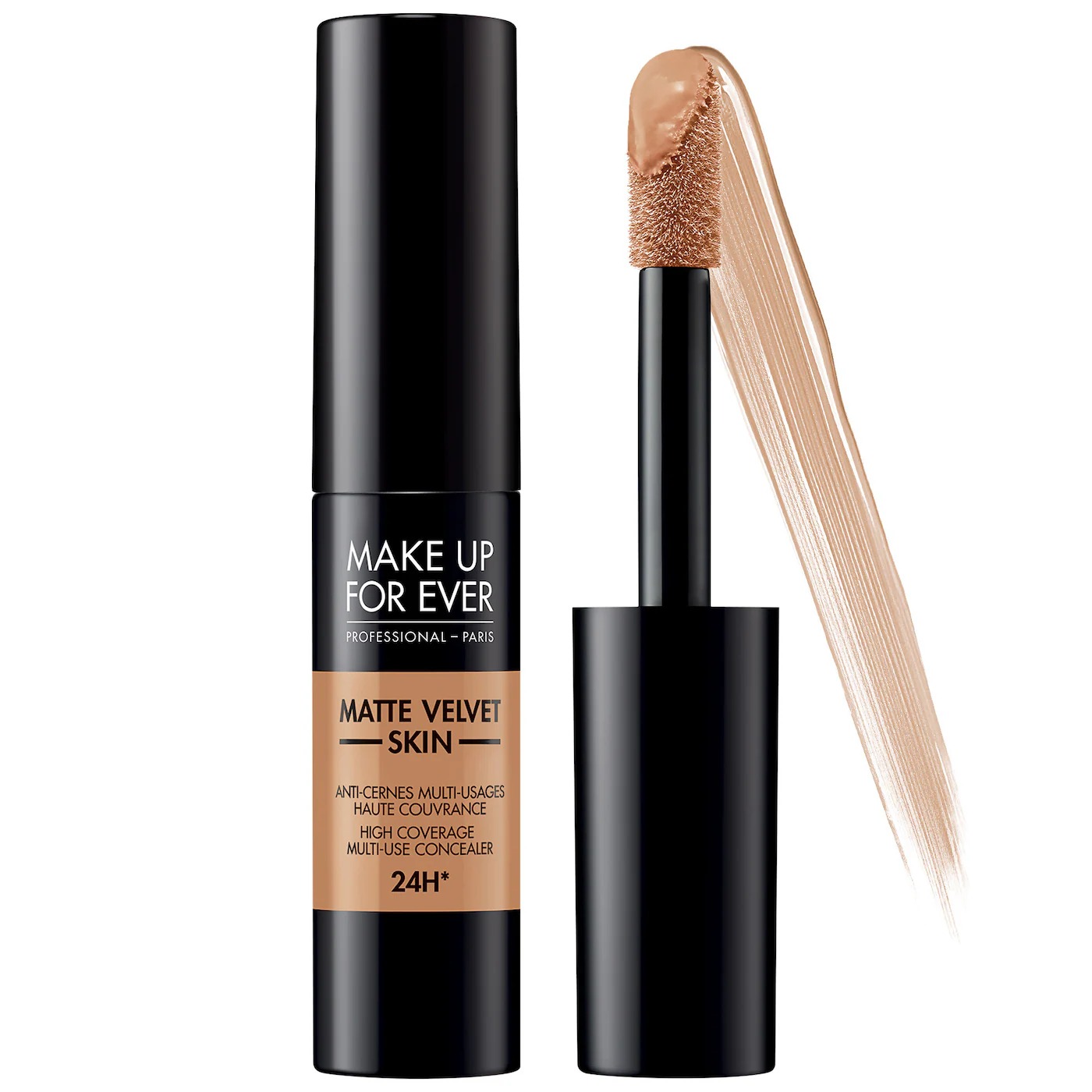
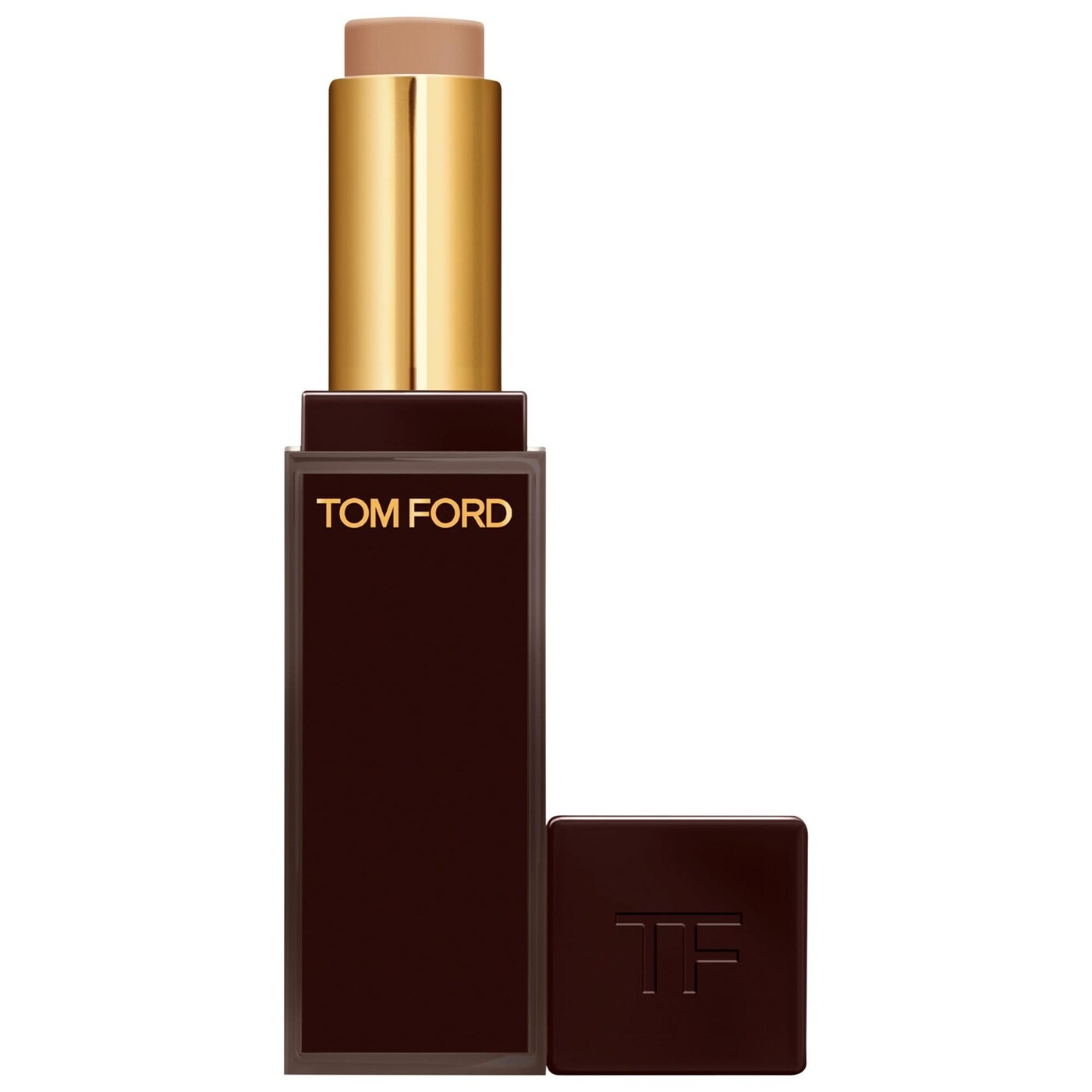
Up Next: How to Apply BB Cream Like a Makeup Artist (Because Application is Everything).
